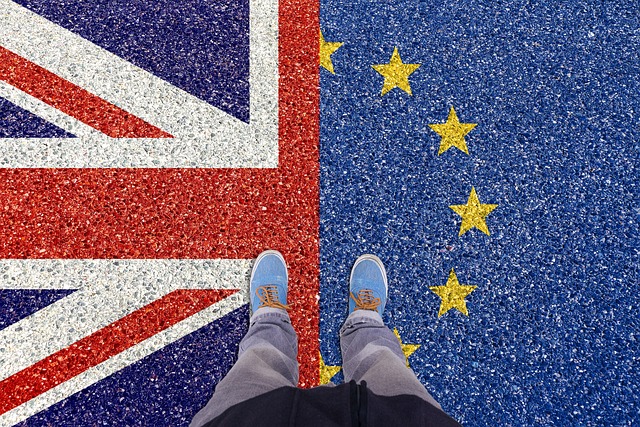
Years after the UK officially left the European Union, the symbolic divide remains visible and deeply felt. For many citizens, Brexit continues to stir emotions ranging from pride and independence to regret and loss. The image of a person standing between the UK and EU flags serves as a visual reminder of the ongoing tension and uncertainty.
Political leaders in the UK continue to debate the long-term effects of Brexit on trade, immigration, and national identity. While some celebrate the regained sovereignty, others highlight economic challenges and diplomatic friction. The split has reshaped not only policies but also how British people view their role on the global stage.
Across the EU, reactions to Brexit are mixed. Some member states have used the UK’s departure to strengthen internal unity, while others view it as a cautionary tale. EU officials remain committed to fostering cooperation and preventing further fragmentation, all while adapting to a post-Brexit European landscape.
For ordinary citizens, daily life has been affected in both subtle and significant ways. From passport lines to university exchange limitations and business regulations, the practical consequences of Brexit are increasingly visible. Many younger voters, who largely supported remaining in the EU, feel alienated by a decision they believe they will feel the effects of for decades.
As time moves on, the debate over Brexit’s success or failure is far from over. The conversation has shifted from campaigning to coping—understanding how to navigate a world where old alliances have changed and new challenges arise. One thing remains clear: the UK’s departure from the EU has left a permanent mark on European politics.
No comments...
It is not possible to leave comments at this time.